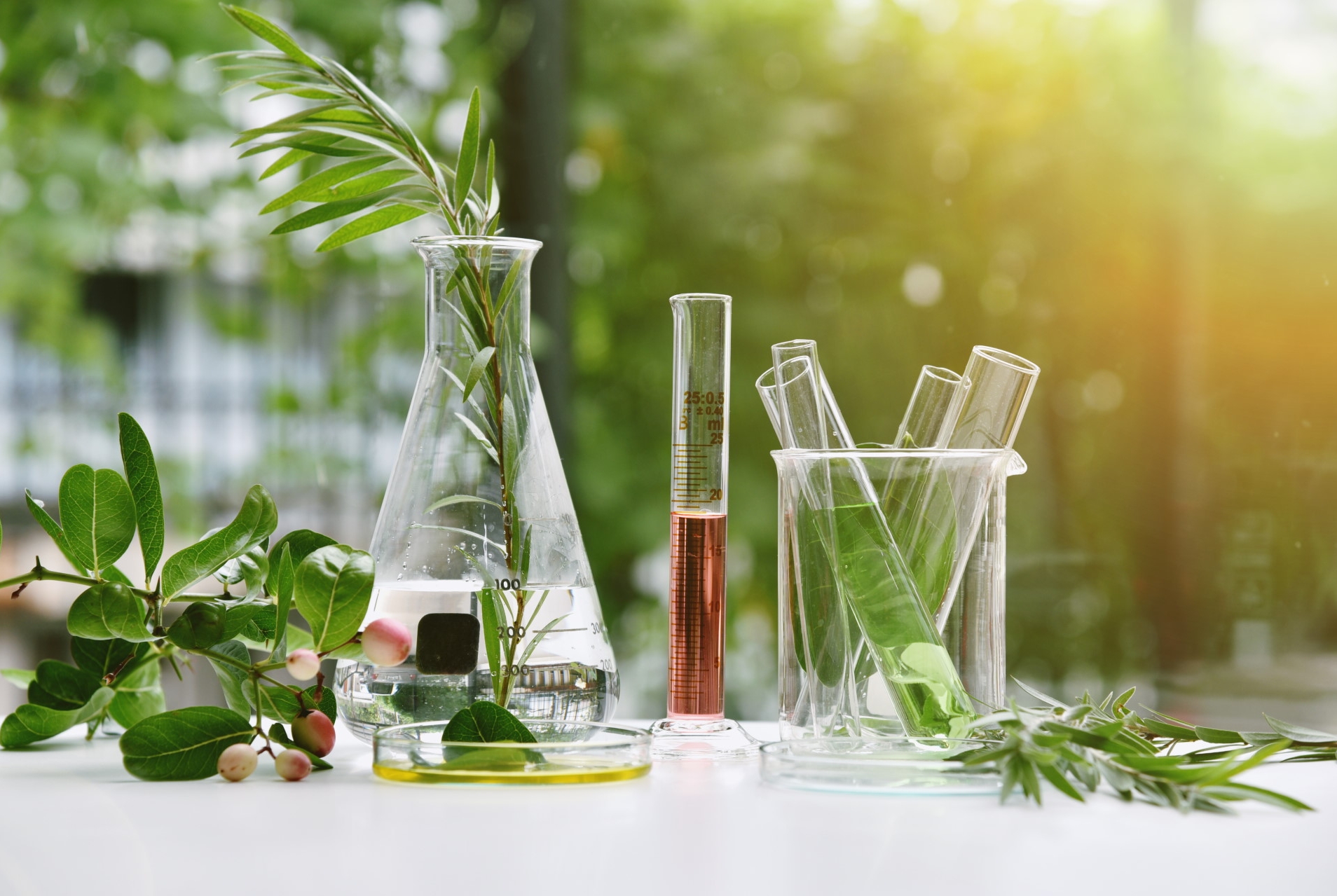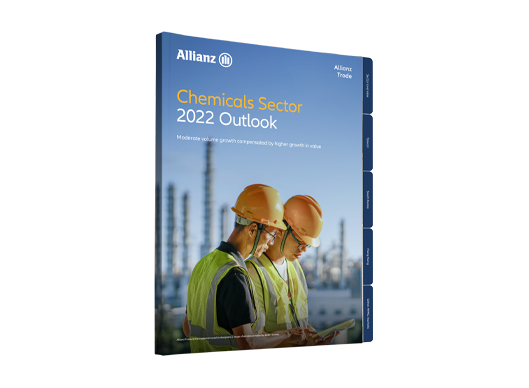Q: Hi Andy, South Korea is a major player in the chemicals sector in Asia Pacific. How do you see the development of the sector over the past few years?
A: The chemicals sector saw a rebound and posted a significant growth in 2021 (+24% y/y) driven by robust growth in the basic chemicals and fertilisers markets after a lacklustre 2020 (-12% y/y), which was primarily due to a nation-wide recession caused by the Covid-19 outbreak. This decent development, even against the unfavourable circumstances such as Covid-19 and strong competition from China, proves that the chemicals sector is indeed one of the biggest and most resilient sectors in South Korea.


